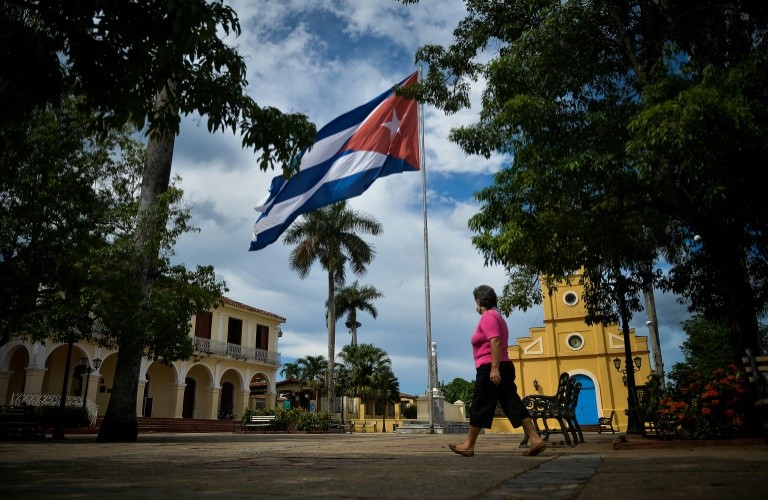RIO DE JANEIRO, BRAZIL – Since September 16th, a new law has been in force in Cuba that is intended to significantly simplify and expedite the approval of foreign direct investments.
With the new “one-stop-shop” (Ventanilla Unica de Inversión Extranjera) procedure, all the required steps are now to be handled by a single authority.
There was also news about the planned opening of foreign trade to private companies. As Foreign Trade Minister Rodrigo Malmierca announced, over 700 requests have been received since July.

The new approval procedure is intended to enable foreign investments to be approved with less bureaucracy, which should be particularly noticeable in the improved compliance with deadlines through the centralized processing of applications.
This should eliminate the need to approach various Ministries and authorities for individual negotiations. The establishment of the new procedure has been funded by the European Union with €4 million (R$25 million). The details are regulated in Official Gazette No 47.
Cuba is currently looking for foreign partners, particularly in the agricultural sector, in order to tackle the food supply crisis. In addition, 460 projects worth US$11.6 billion (R$58 billion) are being put up for bids in virtually all sectors, and investors are welcome to submit their own proposals.
Recently, TOT COLOR S.A. and Arthis S.A. each opened a new paint and hygiene products plant in the special economic zone of Mariel.
In Mariel, foreign companies can also interact with Cuban state and private companies and pay them in foreign currency.
Among the reforms to be implemented by next April is the opening of foreign trade to private companies. In the future, these companies should be able to conduct independent import and export business on a foreign currency basis with 37 state-owned companies, and gain access to wholesale markets.
As Minister Malmierca explained in a special television program on the topic, since its announcement on July 16th, 700 proposals have been received to date, including 143 from private individuals. The most commonly negotiated export goods include fruit, canned goods, wooden products and charcoal, ornamental birds, honey soap, and software products.

